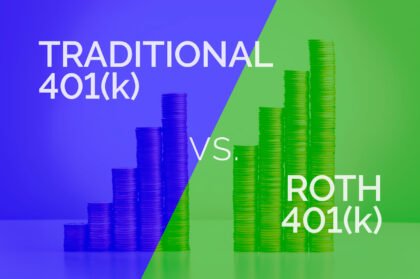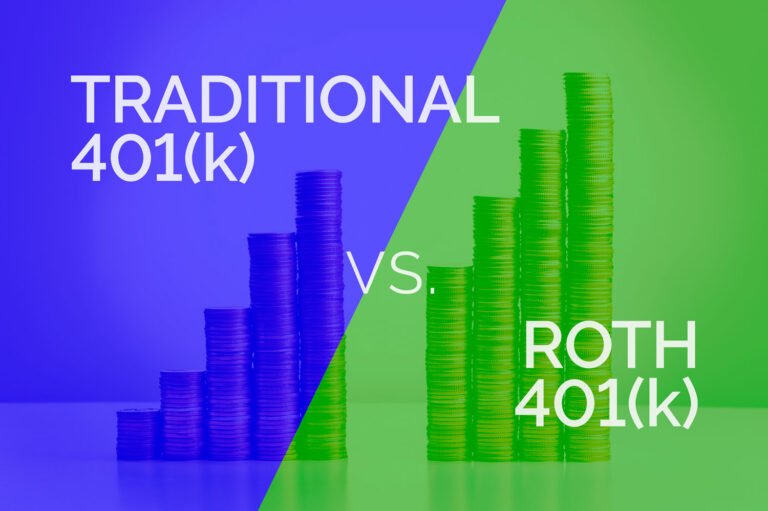Our Blog Post today is brought to you by a fellow NAPFA fee-only financial advisor, Warren A. Ward CFP of WWA Planning & Investments in Columbus, IN. His article discusses how turning seventy is forcing him to accept the same advise he’s been giving for over twenty-five years to his clients – not as easy as it seems.
Enjoy “How Terribly Strange to be Seventy”.
I’ve worked in the world of investments and financial planning for over 25 years, starting as a broker in 1991 and having earned my Certified Financial Planner® designation in 2001. Discussions about retirement have been a part of my everyday interactions with my clients. I’ve always tried to be gentle as I reviewed people’s retirement options but, now that I’m facing retirement myself, I find that receiving advice is not necessarily the same as offering it.
As I’m cutting back to three days per week, I’m drawn to the words of Paul Simon in his 1968 song Old Friends/Bookends. Paul was in his late 20’s when he wrote the lyric which I’ve chosen for today’s title. He’s five years older than I am and continues to remain relevant through recording and performing. Perhaps there’s hope for me in this final stage of my working life.
According to the 2008 book Great Expectations: America & The Baby Boom Generation, Baby Boomers are America’s wealthiest, most active and most fit generation. And according to Pew Research, 10,000 Baby Boomers have been turning 65 every day since January 1, 2011, a statistic that will continue for the next fourteen years. As part of the leading edge of that cohort, let me take a few minutes to reflect on some of the topics that have become less theoretical and more personal as my own retirement process has begun.
As a planner, I always start retirement conversations with clients by confirming the existence of a balanced budget. Especially with today’s interest rates (even post the recent bump), I’m basically agnostic about having a mortgage in retirement. As long as income exceeds outgo, I don’t care whether there are more income-producing assets and a mortgage loan or that those assets are used to pay off the loan. This can be a very personal issue to boomers. Many of us were raised by Depression-era parents who worked from a no debt playbook. If you don’t want a mortgage, don’t have one but if satisfying the loan will require disposing of assets, be sure to work with your planner so the sales are handled tax-efficiently. I should mention that getting a mortgage loan in retirement can be difficult as most lenders require extra assurance that cash flow will cover payments. I always recommend that clients obtain the loan prior to retirement to make sure that things proceed as smoothly as possible.
While our family budget is solid, I find that I’m a bit uncomfortable seeing my paychecks shrink. Intellectually, I know that other income will be there but it hasn’t been an easy fact to internalize. Like most boomers, I started working during grade and high school, having a paper route, working part-time at the neighborhood pharmacy, then taking on various summer jobs while in college. I’ve built up a lot of working momentum over the years and I’m having a bit of trouble allowing it to dissipate. Working part-time feels just a bit lazy to me.
I’m among that group of men (and some women) who struggle to see ourselves as who we are, not as what we do, so staying relevant in retirement may present a challenge. Perhaps you feel the same way. The reality of not working full time draws my societal value into focus: who am I if I’m not a full-time planner? How will I spend my time? How will I add value to the world? Many people find that there’s more time available for volunteer work in retirement. The United Way in our community offers a referral center which matches skills with volunteer opportunities, providing a good chance of a fit. There’s a significant body of research suggesting that socialization is important for retirees, so working for pay or as a volunteer can be good for both your mental and physical health.
By the way, should there be issues in balancing the retirement budget, remember that a minimum wage job paying $15,000 per year has about the same impact on your budget as having an extra $300,000 in retirement savings. Working in a non-professional job, even part time, might be a way to answer two questions at the same time.
Thinking about retirement requires thinking about health care insurance. The new presidency has brought the future of the Affordable Care Act into question but for those who are 65, Medicare is available. Of course, this is a government program so it’s somewhat complicated and probably worth reviewing with your planner. It is available a la carte, beginning with Part A which covers inpatient hospitalization and other services and is free for most US citizens. Part B covers the services of physicians, outpatient care, medical devices, etc. It is optional but almost always represents a good deal, costing most Americans $134 per month. Premiums are lower for those receiving Social Security income and higher for those individuals earning more than $85,000 per year. Part D provides drug coverage and is available from numerous insurers as you’ll learn as age 65 approaches. I think the best way to deal with this is to ignore all the mail you’ll be receiving and go to the Medicare website. It allows you to enter your medicines, then compare the plans available in your area that cover them. One of the most helpful features of this website is the ability to sort by ratings provided by actual plan participants, along with monthly or estimated total yearly cost. There are penalties to late enrollment in Parts B and D, so I believe everyone should begin using them at age 65.
As planners, one of the things we take most seriously is protecting our clients from catastrophic loss. Coverage against significant medical cost is available through Medigap plans, a range of privately insured additional coverages ranging from bare-bones to almost total. In the government’s shorthand, these are Parts E – N. For reasons known only to our employees in government service, coverage levels do not increase as we move farther through the alphabet and Part F is actually the most comprehensive – thus most expensive. For anyone who wants to be certain that a major illness or accident won’t wipe out their retirement nest egg, proceeding with one of these plans, usually in combination with Part D, is a must. Incidentally, I no longer recommend Part C (Medicare Advantage) plans. While Part C offers a simpler approach (requiring only one card for all services) these plans are geographically restricted and switching to Medigap coverage sometime later will require medical underwriting.
Most people are aware that preventative care is important and a recent study offers support to the concept. While generalizing about the efficacy of medical treatments is difficult, Medicare’s approach to coverage seems to have improved medical outcomes. Being subsidized by general tax revenues, the price is certainly right and we now have some evidence that our nation’s general health is being improved too.
I believe it’s also important to consider long-term care insurance, especially for those who wish to leave a financial legacy to their children or favorite institutions. According to a 2016 survey conducted by insurer Genworth, the cost of a private nursing home room is nearly $100,000 per year. According to the same survey, as well as headlines all over the internet, these costs have increased 19% in the past five years. At-home costs are significantly lower but still increasing rapidly and almost none of these costs are covered by Medicare. LTC insurance is medically underwritten, meaning it may not be available to those who are already ill. It’s easier to get coverage by starting younger, when health is generally better, but that means premiums are probably going to be paid in advance of need. I’ve encountered a lot of resistance to taking this approach but please let me remind you that all of us have fire insurance on our homes and all of us hope it will never be needed. Perhaps keeping that in mind while reviewing LTC coverage options will help make the process more palatable.
There are alternatives to LTC, of course, including life insurance with nursing home riders and reverse mortgages. Let me suggest that these too are best considered with the help of your planner – and that you never buy any sort of insurance based on a TV commercial featuring someone who used to be famous.
While I encourage all of my clients have some sort of estate plan in place, the transition to retirement does add some urgency to the conversation. According to a USA Today article based on a Harris poll, nearly two-thirds of adults don’t have wills. I suspect the primary reason is the general reluctance to come face-to-face with mortality. I should pause here and point out that actually everyone has a will – if you don’t prepare your own, your state has one ready for you. Typically, these wills do not leave all assets to a spouse but apportion them among living relatives, often including parents. Chances are the government’s approach will be different than yours and not nearly as satisfactory so consider yourself warned.
A will isn’t the only component of an estate plan. Other, and in some ways, more important documents include durable and medical powers of attorney (which allow someone to do business or make health-care decisions for you) and a living will or advanced directive (through which you state your wishes about having extraordinary medical measures taken on your behalf). Trusts used to be the best tool for avoiding estate taxes but, with adjustments to the federal estate tax, few middle class people owe those taxes anymore. That said, a trust can be invaluable for making sure your wishes are carried out, especially in the case of a second marriage (or a non-married couple) or when a special needs child is involved. Most planners aren’t attorneys so don’t offer legal advice but yours can certainly recommend someone for you to consult on these topics.
Thanks for letting me share some of the realities I’m facing as I ease into retirement. As I conclude, I can’t help but wonder if Paul Simon, now 75, has begun to feel the strangeness yet.

